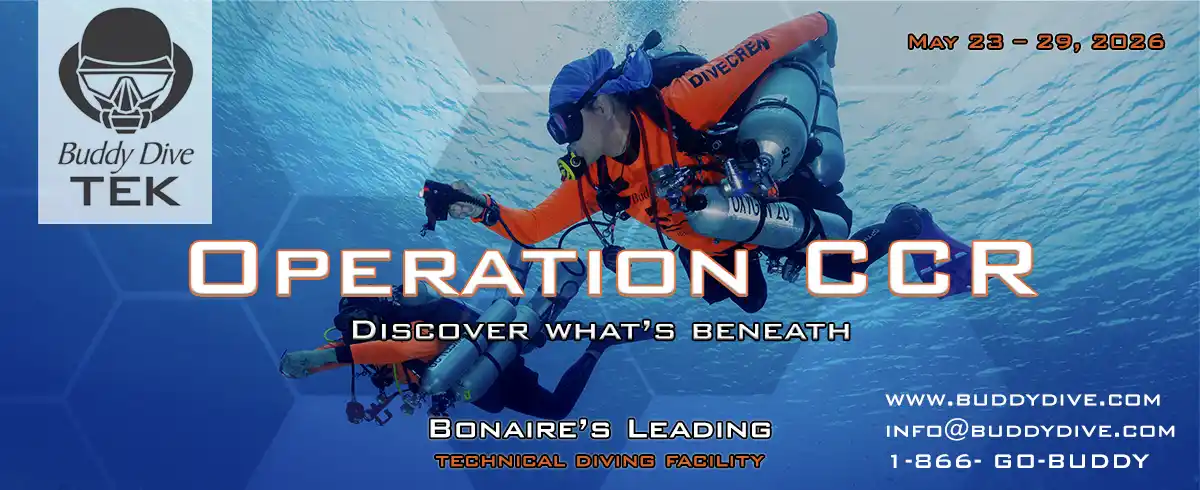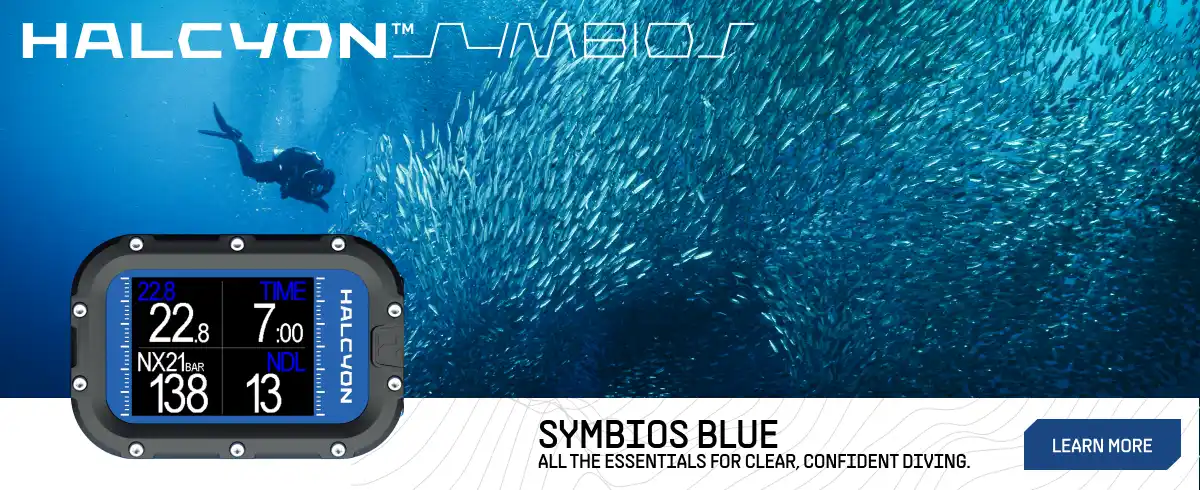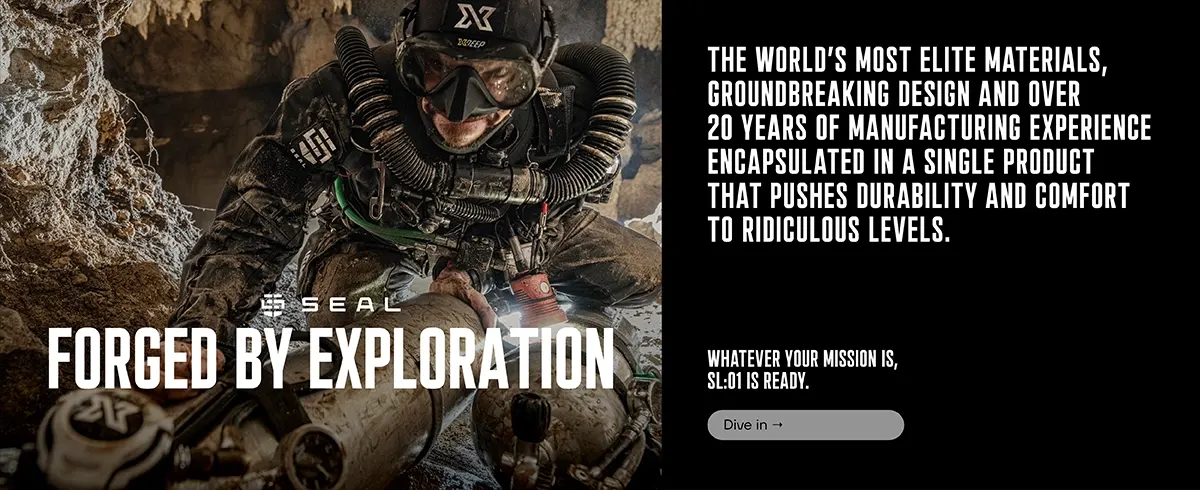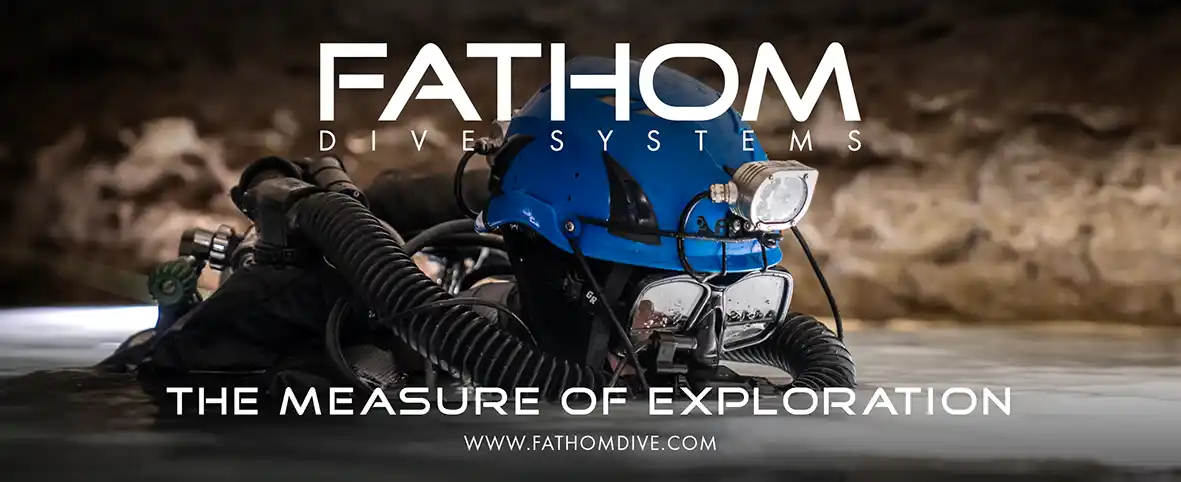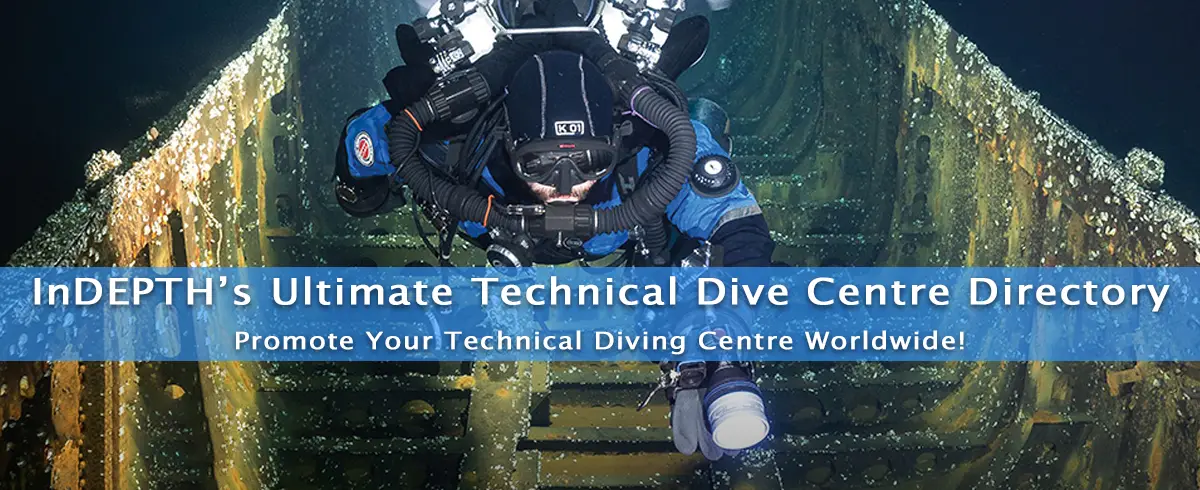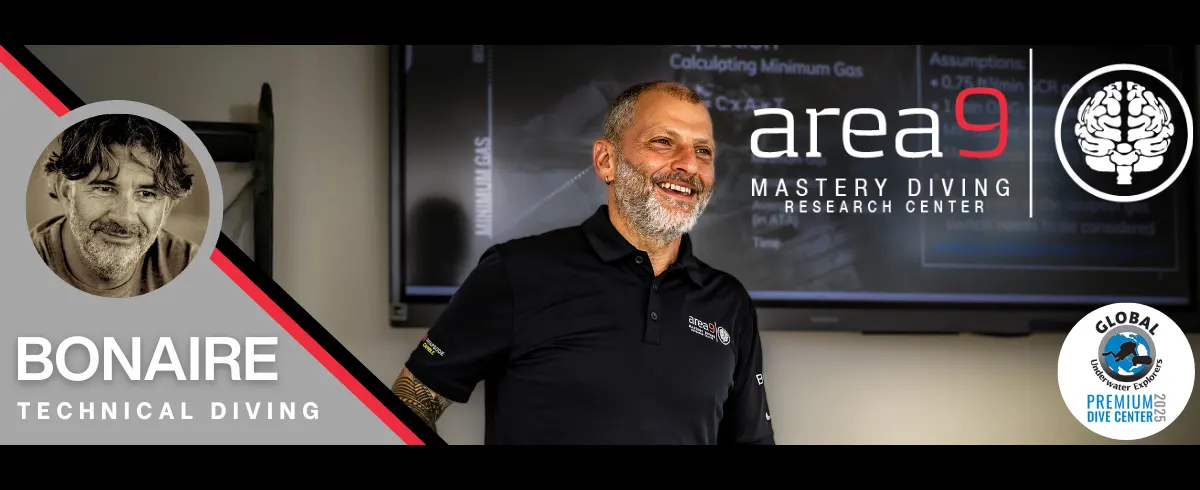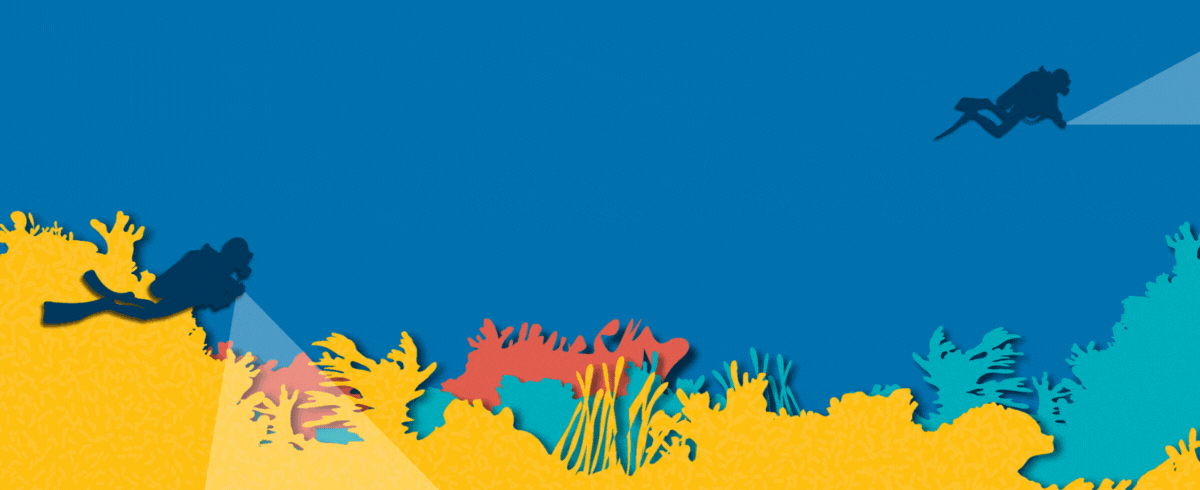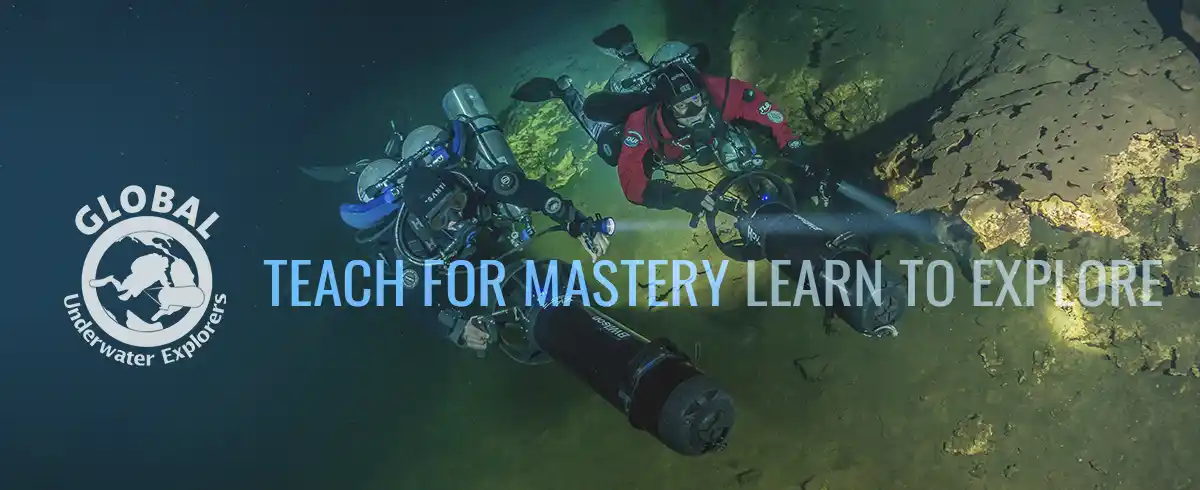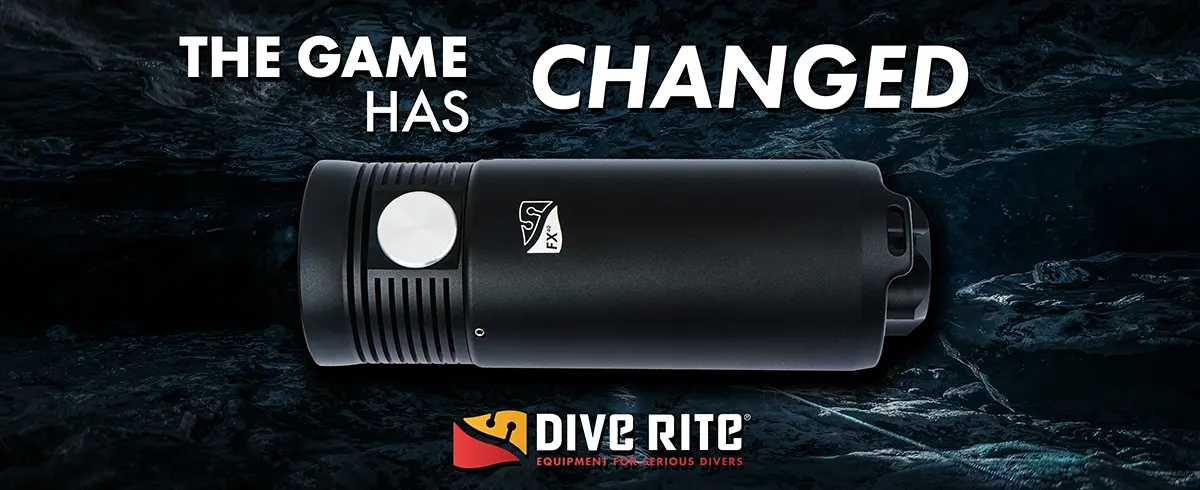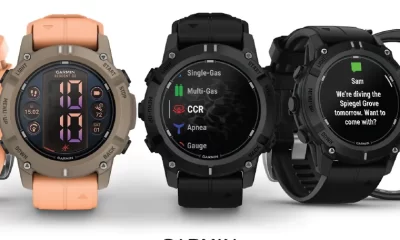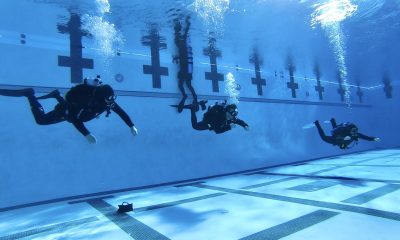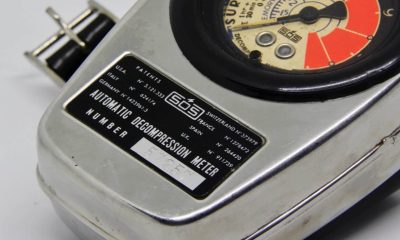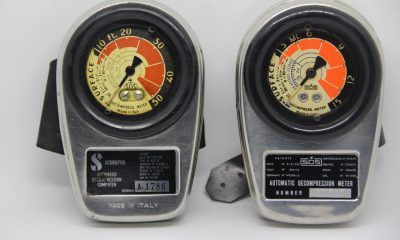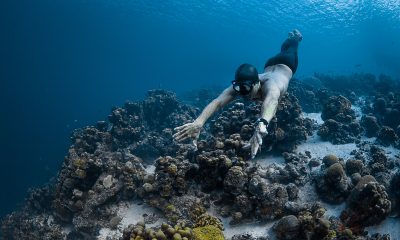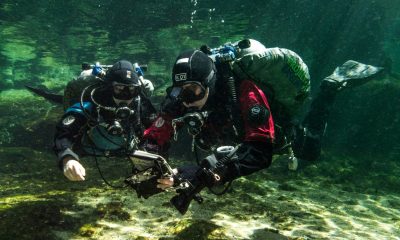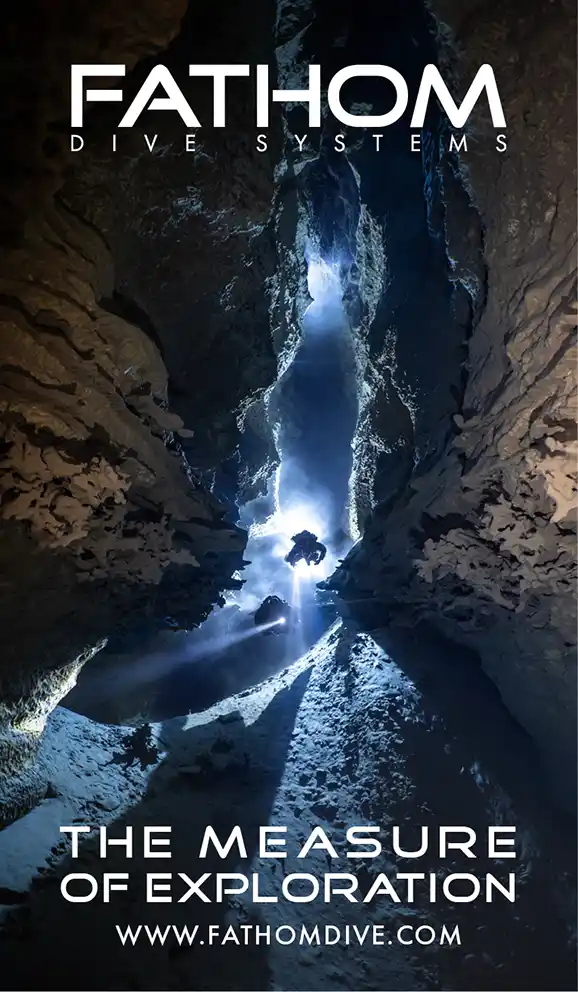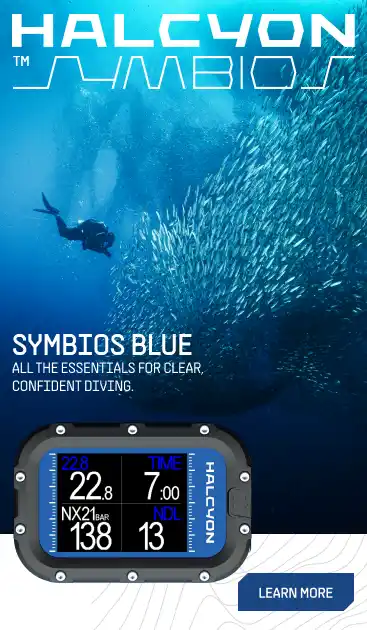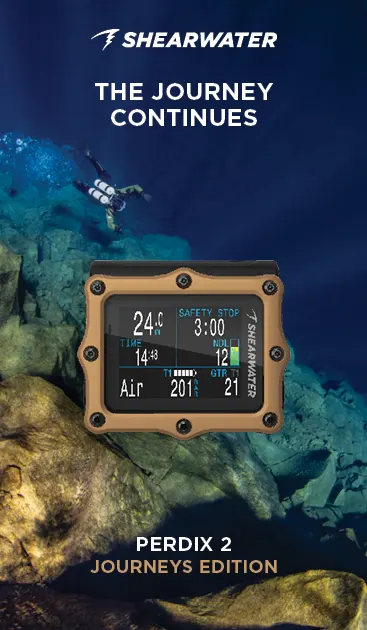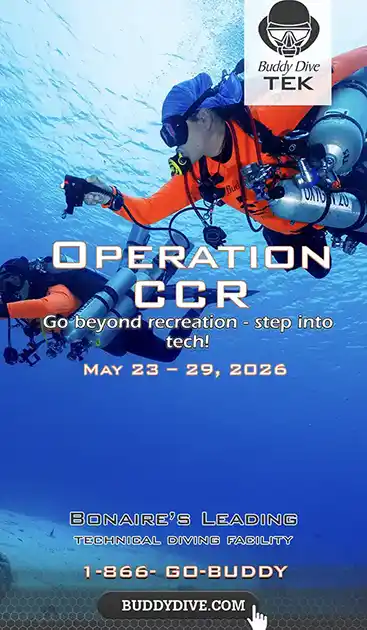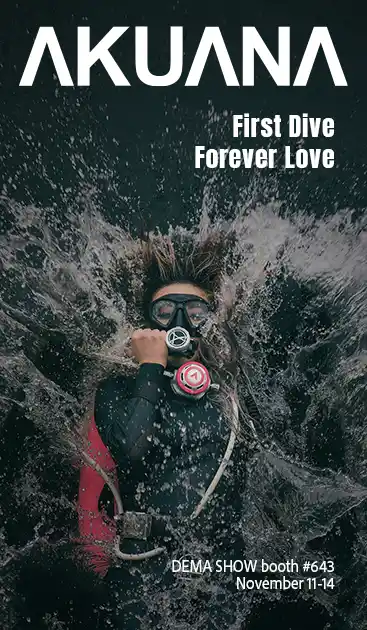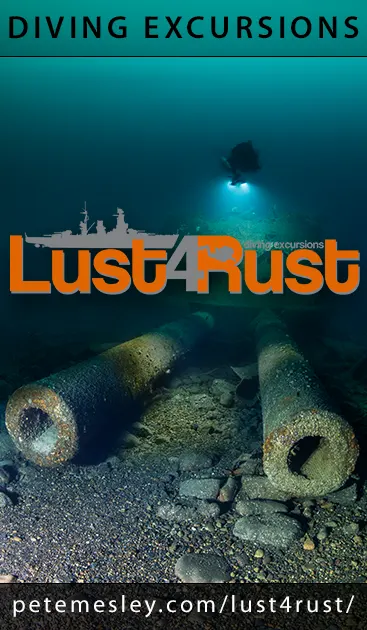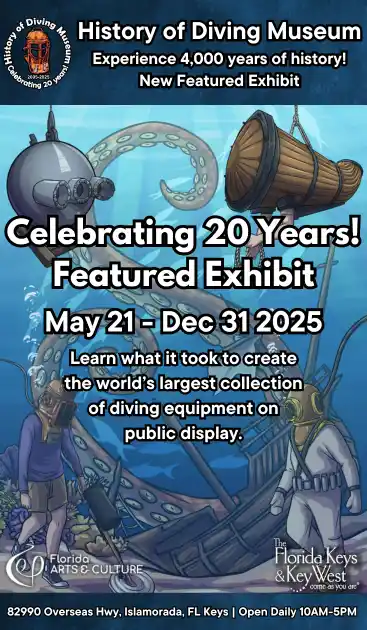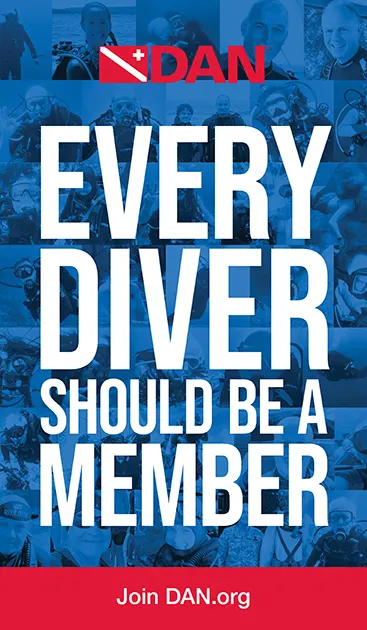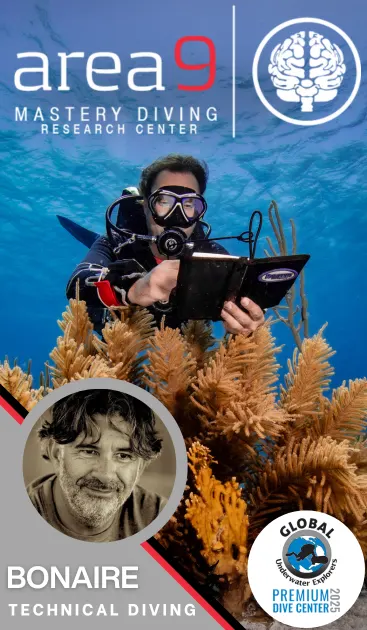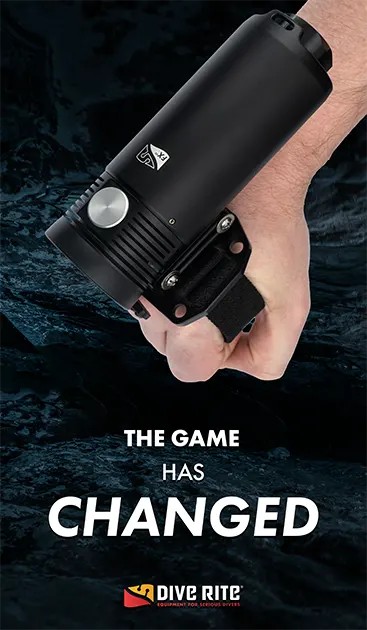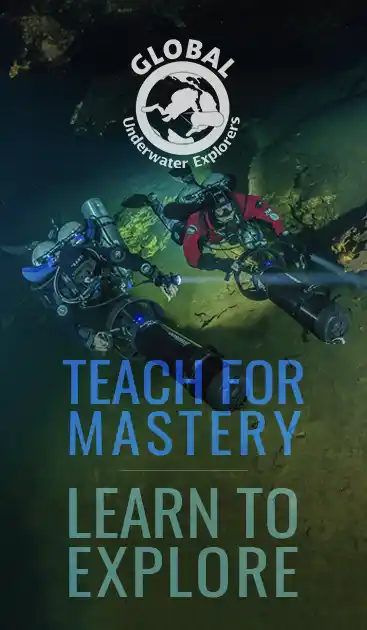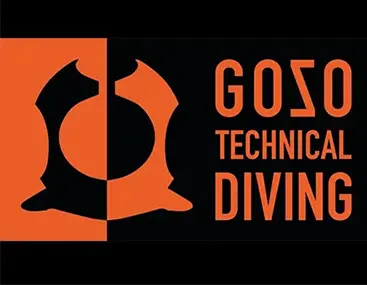Education
Evolution of Dive Planning
Unbeknown to many tekkies, sophisticated dive computers like Shearwater’s offer divers real-time dive planning tools that enable them to adjust their dive plan on the fly. This summary of erudite tech educator Mark Powell’s latest blog outlines some of the specifics. Be sure to check out his blog.
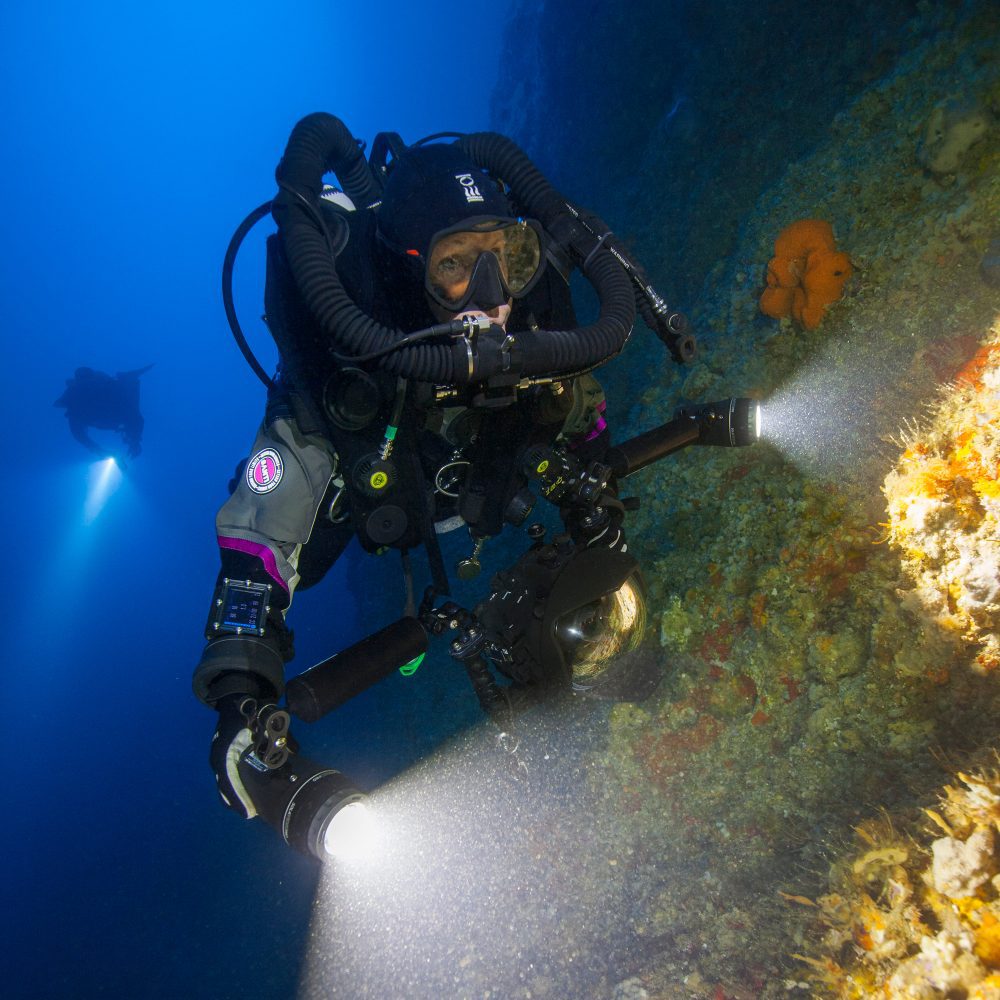

Header image courtesy of Trisha Stovel
Find the full story in the Shearwater Blog

Mark Powell discusses decompression planning for technical dives with diving computers and PC planning tools. More time is spent planning technical dives than recreational dives. This is due to increased risks, greater depths, high gas usage at depth, increased decompression obligations, increased oxygen toxicity loading, and a host of other reasons. He describes how in the early days of technical diving, there were no PC planning tools or dive computers suitable for technical dive planning. Now computers are much more available and reliable. Also, the costs have reduced so much that many people have backup computers. The flexibility offered by the computer is in contrast to the rigid nature of tables. Unfortunately, when your backup is based on written tables, you can’t make full use of this flexibility. When you have a backup computer, suddenly this flexibility comes into its own and this is where significant changes to planning styles started to be adopted.


In reality, a dive computer gives a much more flexible tool for managing the dive. However, many divers keep the tables mindset even when using a very reliable and flexible planning tool. It is important to understand the features incorporated in your dive computer as they can provide additional information that can be used to manage the situation. On the Shearwater computer range, the NDL is shown on the display and counts down the time available until it reaches 0. Once the diver goes into deco, this field can be configured to show several other pieces of information. Any one of these can be selected to be shown in the NDL space once the NDL reaches zero. Alternatively, all of the following options can be viewed together by stepping through the display options: TTS, @+5, Δ +5, CEIL, GF99 setting, and SurfGF display. This article is intended to show that, far from removing the need to plan a dive, the sophisticated dive computers available today can help to improve the planning process. They can be used to provide a more realistic and more flexible planning tool. They can also be used to adapt the plan when the situation changes. This is only possible if the diver understands the tools they have at their disposal and practices using them.

After reading and digesting the information contained in this article, I would encourage you to make sure you know where to find the various display options on your computer. On your next dive look at the SurfGF value during the dive and watch the relationship between it and the NDL value. During the NDL ascent, look at the GF99 and SurfGF values. Then on a decompression dive, compare the CEIL and Stop Depth values as well as comparing the CEIL, GF99, and SurfGF values. It is essential that you understand all of the information in this article and practice it before using it to plan your dive or modify your dive plan. Like any tool, you must practice before using them for real. However, a bit of investment in time and practice will give you the ability to manage your ascent in a much more intelligent way than blindly following your computer or a fixed set of deco tables.
Read the full article on Shearwater’s Blog.


